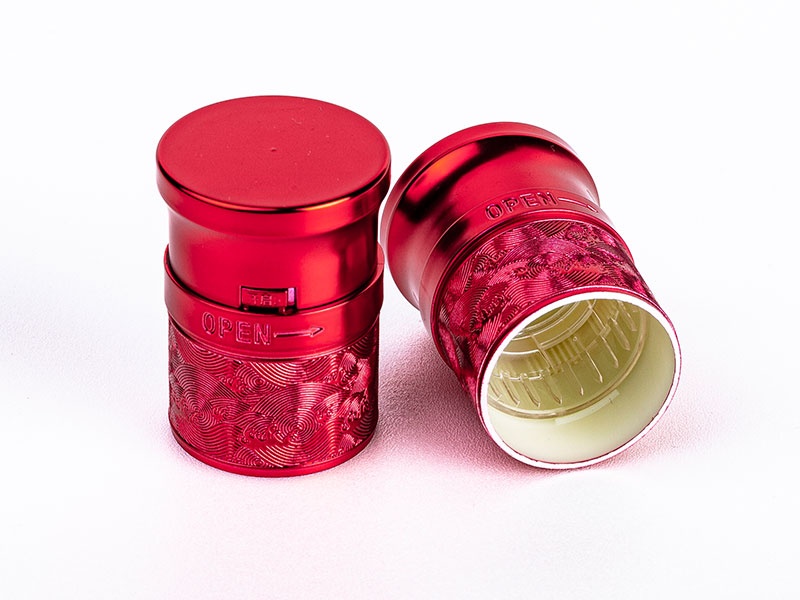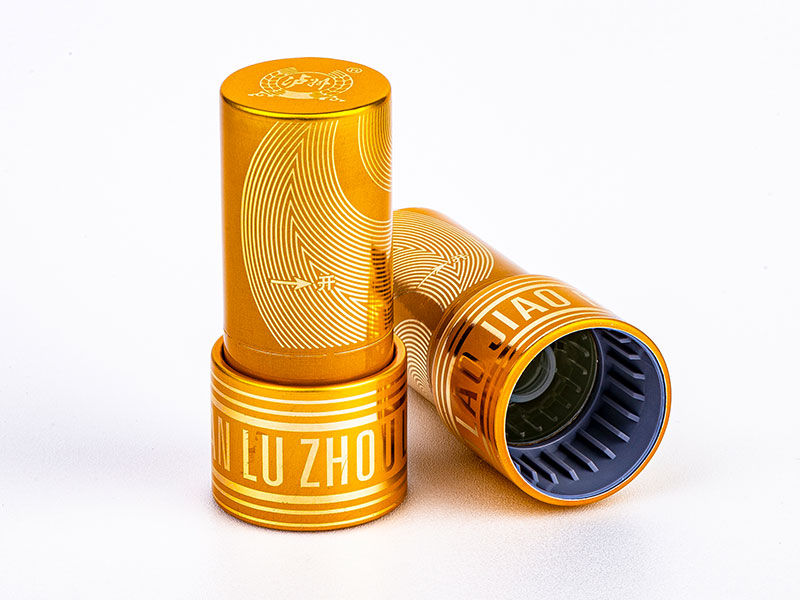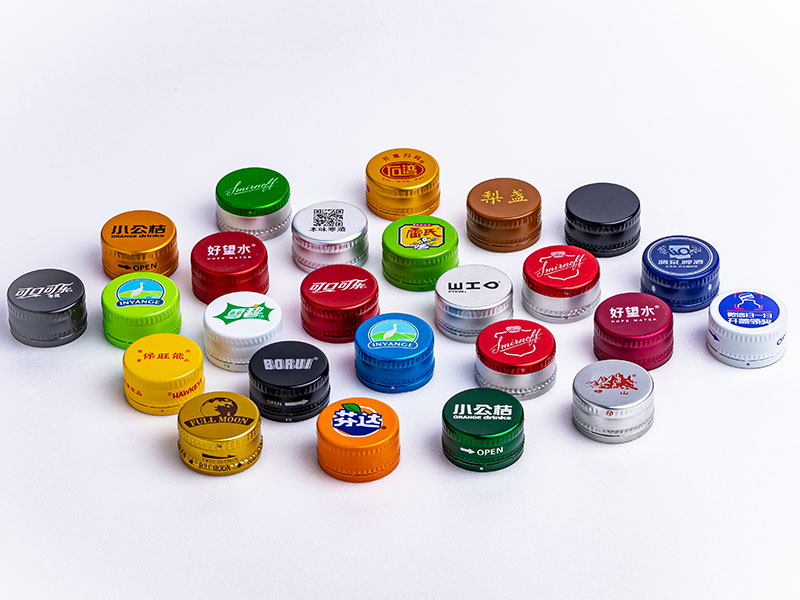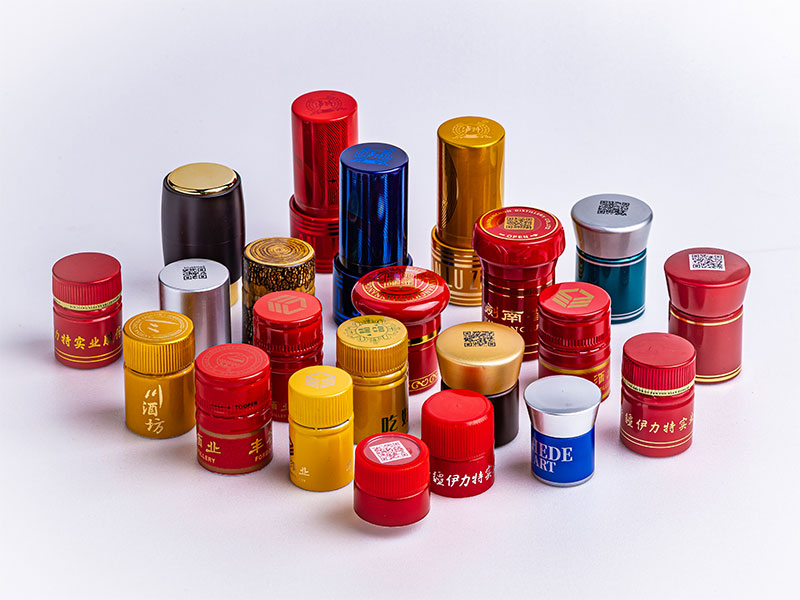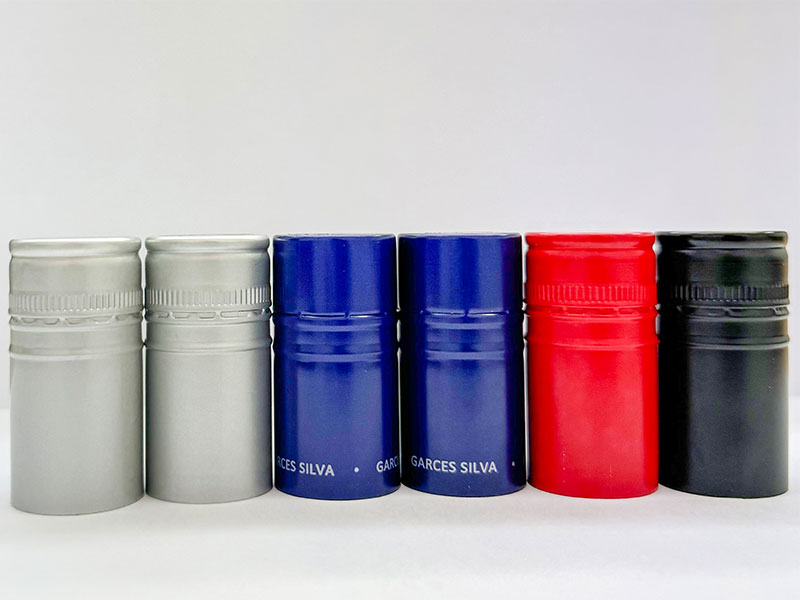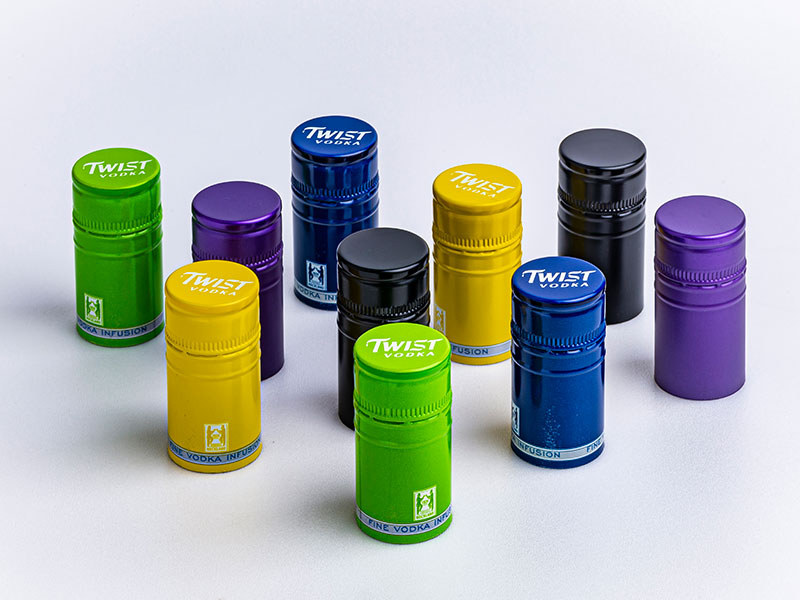Custom Aluminum Wine Caps with Anti Corrosion Coating for Bottled Wines
When it comes to bottling fine wines, the capping solution is more than just a functional need—it's a statement of quality, craftsmanship, and brand identity. Traditionally, corks and synthetic stoppers have dominated the market, but in recent years, aluminum wine caps bolstered with superior anti-corrosion coatings have emerged as an elegant, durable alternative that preserves wine integrity and elevates presentation.
Why Aluminum? the Material Choice
Aluminum alloy is prized for its lightweight nature, excellent workability, and strong resistance to environmental factors when adequately treated. The shift to aluminum caps in wine bottling is rooted in aluminum’s inertness and ability to form a tight seal that does not taint wine or leach unwanted flavors.
Notably, aluminum alloys like the 3000 and 5000 series are commonly selected for wine caps because they balance malleability with superior mechanical strength:
| Parameter | 3003 Alloy (Al-Mn) | 5005 Alloy (Al-Mg) |
|---|---|---|
| Density (g/cm³) | 2.73 | 2.67 |
| Tensile Strength (MPa) | 120 - 180 | 150 - 220 |
| Yield Strength (MPa) | 95 - 130 | 110 - 180 |
| Elongation (%) | 10 - 17 | 8 - 12 |
| Corrosion Resistance | Good | Excellent (especially in marine atmospheres) |
| Temper Available | H14, H18 (work hardened) | H14, H18, H22 |
The temper designation matters, as for wine caps, an optimal balance between ductility (to form effective seals/shapes) and strength (to resist deformation during transport and storage) is essential. Temperings such as H14 (strained hardened) are often preferred for deep drawn closures to maintain shape integrity.
The Crucial Role of Anti-Corrosion Coatings
Bare aluminum, while naturally corrosion-resistant through oxide layer formation, can react adversely with acidic wine vapors and environmental moisture leading to aesthetic dulling and potential integrity compromise over time if left untreated. Herein lies the importance of anti-corrosion coatings.
Typical Anti-Corrosion Treatments for Aluminum Wine Caps:
Anodizing: Electrochemical oxidation thickens the natural oxide layer, significantly enhancing resistance and providing decorative finishes. Color customization is feasible without the use of heavy metals or harmful chemicals, ideal for luxury wine labeling.
Organic Coatings: Polyurethane or epoxy-based coatings serve as barrier layers preventing oxygen and moisture ingress. Modern conformal paint systems can be formulated food-safe and compliant with FDA and EU packaging regulations.
Conversion Coatings (e.g., Chromate or Trivalent Chromium): These thin chemical layers improve paint adhesion and add corrosion resistance without compromising recyclability.
By selecting appropriate anti-corrosion treatments, bottlers ensure that aluminum caps retain their sleek appearance for extended shelf life, maintaining both visual allure and mechanical protection against the harsh bottle environment.
Implementation Standards and Compliance
Standards exist for manufacturing and applying coatings to aluminum closures to assure quality and food safety:
- ISO 21469: Hygienic design and safety of food processing materials.
- ASTM B209: Aluminum alloy sheets specifications for raw materials.
- EU Regulation No. 10/2011: Compliance regime for plastic materials/ coatings coming into contact with food.
- FDA CFR Title 21: Food and color additives and materials standards.
In practice:
- Aluminum sheets from certified producers are subjected to rigorous mechanical and chemical testing to ensure alloy and temper compliance.
- Coatings applied must pass migration and adhesion testing to ascertain no contamination or compromise of wine flavor.
- Manufacturing of custom shapes involves precise deep-drawing and necking trials to maintain tight tolerances while preserving coating integrity.
Beyond Protection: Customization and Branding
One of the unique advantages of aluminum is the high degree of customization achievable through stamping, embossing, and surface treatment. Wine caps can be engraved with brand logos, vintage years, or decorative patterns, enhancing shelf appeal.
Furthermore, powder coating technologies allow wineries to adopt eco-friendly materials in their packaging—the coatings are largely VOC-free and encourage recyclable packaging solutions, aligning with growing sustainability efforts in the wine industry.
Custom aluminum wine caps with advanced anti-corrosion coatings represent a harmonious blend of tradition and innovation. They offer durable protection to the wine, prevent contamination, and provide a distinguished, sleek look that can elevate a brand's identity. The choice of alloy (commonly series 3003 or 5005 with H14 temper), coupled with the correct surface treatment — whether anodizing, organic coating, or conversion layers — ensures optimum performance.
Wine producers looking towards a reliable, sustainable, and visually striking closure solution should consider aluminum caps as an investment in quality and longevity.
Parameters at a Glance
| Property | Typical Range/Details |
|---|---|
| Alloy Type | 3003-H14, 5005-H14 |
| Thickness | 0.2 - 0.5 mm (depending on design) |
| Tensile Strength | 120 - 220 MPa |
| Coating Type | Anodized / Organic (polyurethane) / Conversion Coatings |
| Corrosion Resistance Test | Salt spray test exceeds 1000 hrs |
| Food Safety Certifications | FDA CFR 21, EU 10/2011 |
| Production Standards | ISO 21469 compliant |
Invest wisely in caps — the first touchpoint of experience your wine offers!
If you own or manage a winery and wish to explore premium custom aluminum caps tailored to your bottle designs, consulting with specialized metallurgical and packaging engineers will facilitate optimal alloy and coating selection tailored precisely to your product needs.



